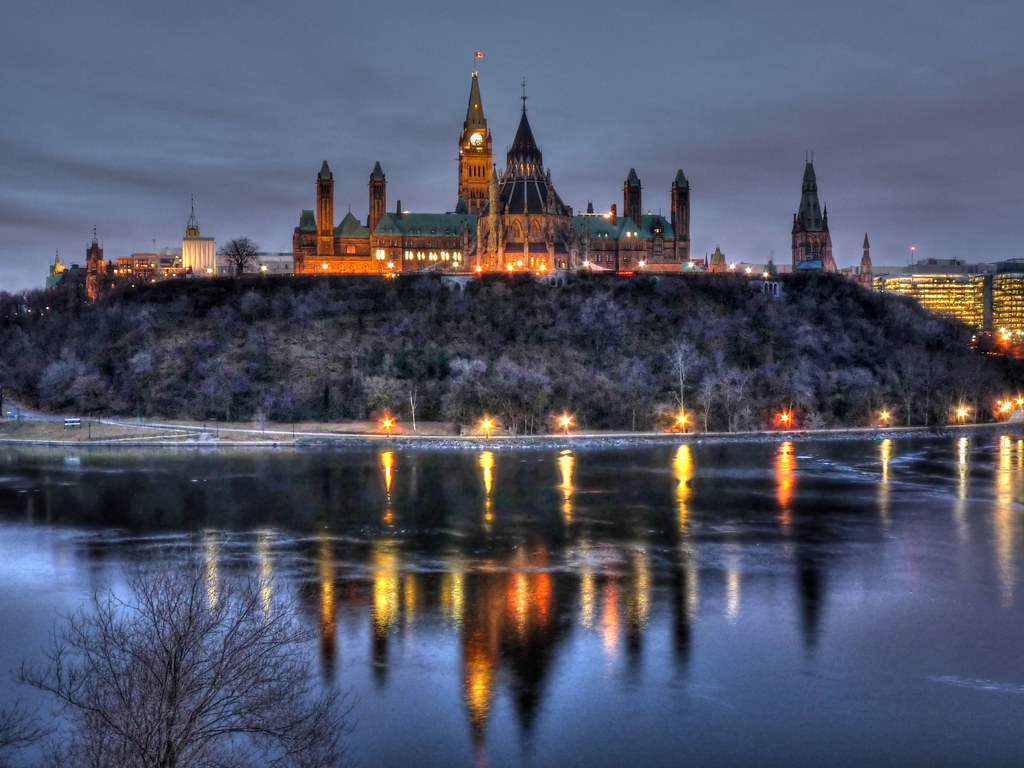On October 21, Justin Trudeau’s minority government survived its second confidence vote in one month, avoiding a snap election in the middle of the COVID-19 pandemic.
The House of Commons voted 180-146 to defeat the Conservative Party of Canada’s motion to probe government spending and ethics in the midst of the WE Charity scandal and the pandemic. This comes not long after the vote on the Speech from the Throne on October 6; the Liberals survived both confidence votes with support from the New Democratic Party (NDP).
Confidence votes are a way of holding the government accountable to elected officials, and usually take place when a minority government is in power. If the Liberal government had lost this month’s votes, a new federal election could have been called, undoubtedly causing a great upheaval amid the pandemic.
Jagmeet Singh, the leader of the NDP, has reiterated that his support does not translate into confidence in Trudeau’s government. He has accused the Prime Minister of declaring the motion a matter of confidence and initiating the vote in order to avoid scrutiny and responsibility.
“Justin Trudeau is putting the interest of his party ahead of the needs of people across Canada. Trying to cause an election while hiding behind the opposition parties shows how out-of-touch the Liberals are and how focused they are on themselves and their wealthy friends,” Singh stated.
Conservative leader Erin O’Toole has criticized Trudeau for his response to the pandemic, and similarly denounced his decision to put the motion to a confidence vote.
“As students, we have tuition expenses, rent, and the lack of income from previous employment. They partially addressed this with the expansion of Employment Insurance (EI). But the issue is that doesn’t really help students at all, because if you weren’t self-employed or previously employed, then you’re not entitled to anything.”
“Too many Canadians have been left behind in the Trudeau government’s slow, confused, and issue-plagued COVID-19 pandemic response — and the Prime Minister is avoiding accountability at all costs,” O’Toole said in a statement released on the day of the vote.
He continued his criticism by stating that the Prime Minister “threatened” to use his motion to create a new committee as “an excuse to call an election in the middle of the second wave — which would have needlessly put the health and safety of Canadians at risk.”
With Parliament’s instability and this alleged lack of transparency, many Canadians are worried about how the government will be able to conduct itself in the coming months, especially as cases continue to rise across the country.
Dael Vasquez, a fourth-year political science student, stresses that while the programs put in place have helped Canadians overall, there are still many students who have been left out by the government’s response and need help covering expenses. He also expressed his desire for more funding for education.
“As students, we have tuition expenses, rent, and the lack of income from previous employment. They partially addressed this with the expansion of Employment Insurance (EI). But the issue is that doesn’t really help students at all, because if you weren’t self-employed or previously employed, then you’re not entitled to anything.”
Vasquez also expressed his desire for the government to not lose focus on critical student concerns.
“I don’t know why they haven’t created a replacement for the CESB, which is something that students would certainly benefit from,” he continues. “They could consider supporting education and cutting expenses to tuition.”
According to a recent poll by Ipsos, 59 per cent of Canadians approve of the Prime Minister’s COVID-19 response plan.
However, with the ever-looming threat of an election and the increasingly confrontational nature of Parliament, the fate of the current government remains unpredictable.




